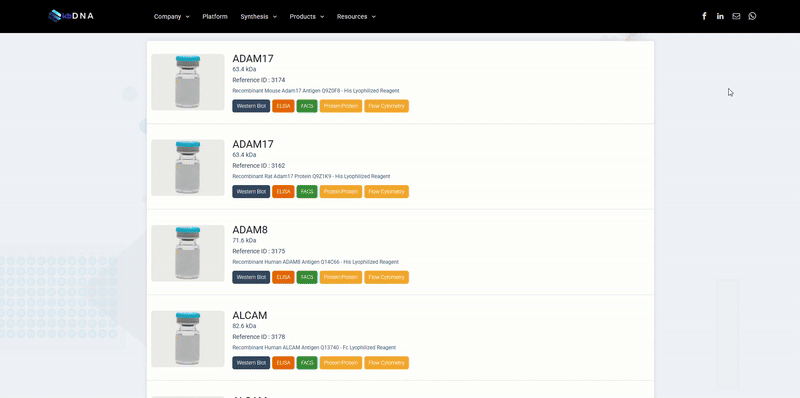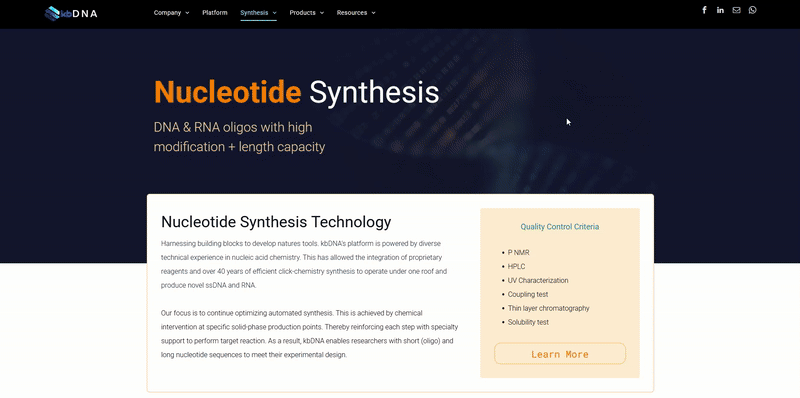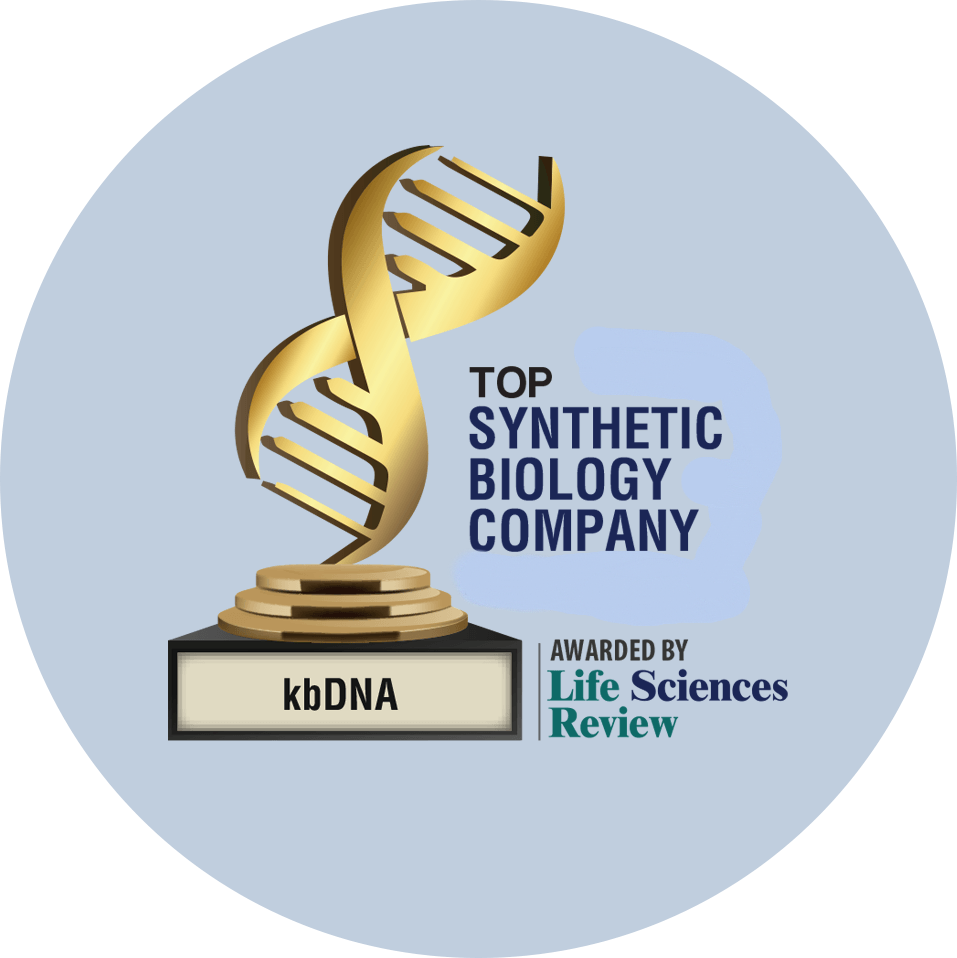Recombinant ID:
Gene of Interest
Gene Synonyms:
Protein Names:
Accession Data
Organism:
Mass (kDa):
Length (aa):
Metal Binding:
Proteomics (Proteome ID):
Proteomics (Chromosome):
UP000000589
Disease:
Mutagenesis:
Sequence:
Function [CC]:
Analysis Summary:
Reagent Data
Name:
Subcategory:
Source:
Species:
Format:
pH:
Formulation:
Formulation Concentration:
Buffer Volume:
Buffer Solution:
Metal Chelating Agents
Determined:
Purity:
Validated:
Sample Handling
Storage:
Stability:
Preparation:
Request a Datasheet
We'll respond with your requested information within a day!












